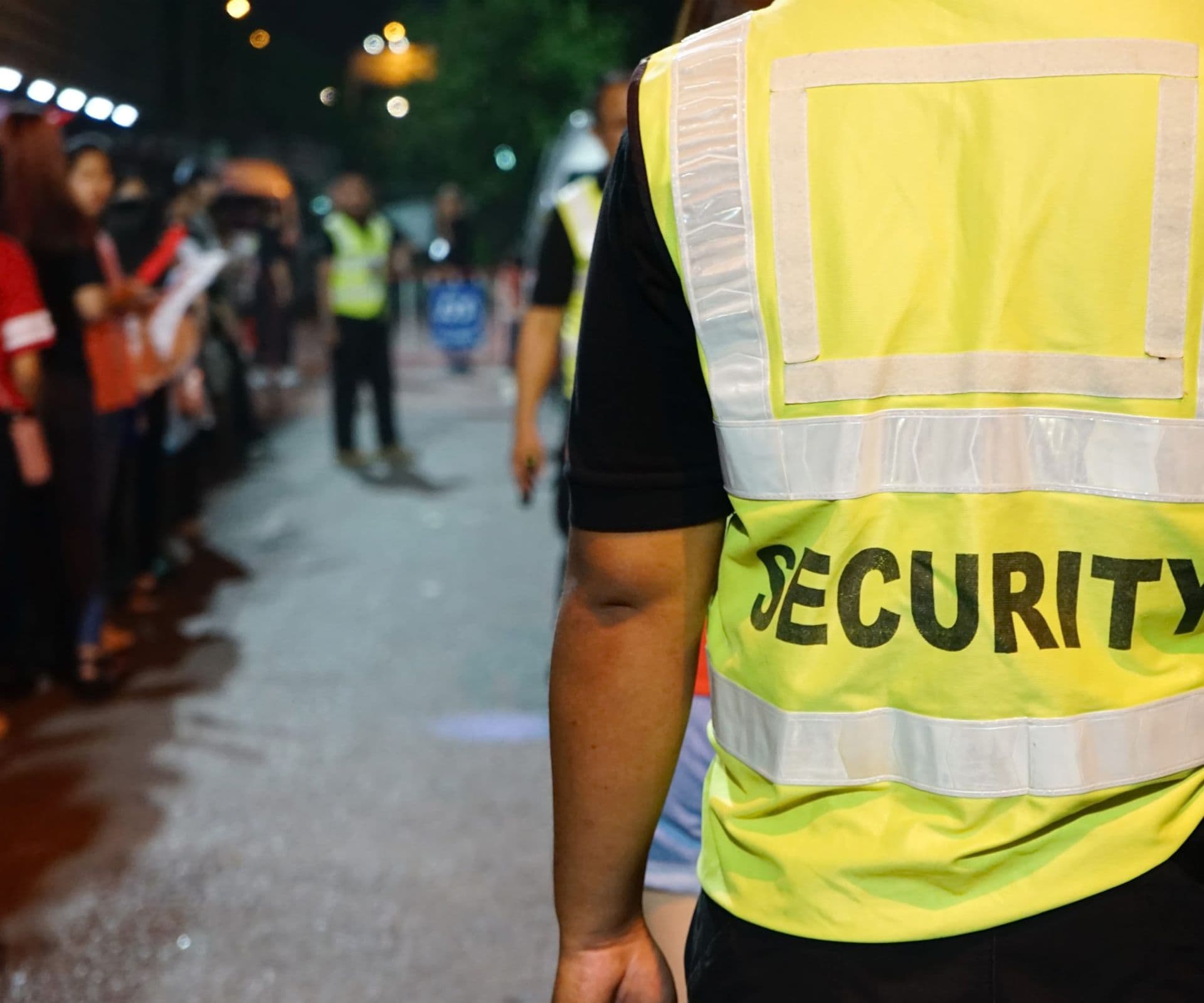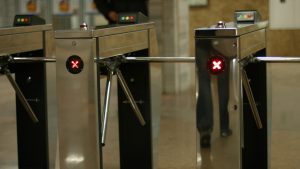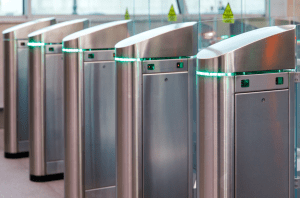The Impact of Martyn’s Law/Protect Duty on UK Businesses
28 June, 2023
The 2017 Manchester Arena bombing sent shockwaves throughout the globe and set in motion some of the biggest legislative changes in the UK in decades. Figen Murray, the mother of one of the bombing victims, Martyn Hett, began a campaign demanding legislation that would compel publicly accessible locations to implement basic security measures.
An investigation into the Manchester attack later showed that there were several opportunities where more could have been done to prevent the attack, prompting an inquiry into public locations and their responsibility to ensure the safety and security of visitors and staff. The first volume of the enquiry highlighted key failings, including grey spaces (where there is a lack of clarity over ownership and protection), insecure security perimeters, complacency and inadequate risk assessments.
These shortcomings led to the development of plans put into law around the responsibilities that businesses and venues have when it comes to preventing terror attacks, known as “Protect Duty”.
The first draft bill for Martyn’s Law – Terrorism (Protection of Premises) was submitted to the Home Affairs Select Committee in May 2023. If implemented, it will require all public buildings to create preventative action plans against terror attacks and to assess the potential risks, dangers and scenarios related to terror attacks in order to improve public protection. Protect Duty laws will cover the entire UK and demand action for business owners.
What Might Martyn’s Law/Protect Duty Entail?
While Martyn’s Law remains a draft bill and is yet to be approved, it may have widespread implications for a number of businesses. The draft bill requires venues with a capacity of over 100 people (standard tier) to implement simple yet effective anti-terrorism measures, including training and standard terrorism evaluation.
However, if the bill is passed in its current format, venues that can accommodate 800 people or more (enhanced tier), or businesses with over 250 staff, will have increased responsibility, including risk assessments and more detailed security plans. The draft bill also proposes a strict inspection and enforcement regime, including sanctions for breaches.
If the bill passes, more than 650,000 UK businesses will be required to enhance security controls, including commercial businesses, nightclubs, and publicly accessible venues. This may include installing mandatory physical updates such as bollards, intruder detection technology, tactical CCTV, and extra secure entrances and entrance controls.
There is no set date for the passing of the bill, and there will likely be revisions. But businesses who are concerned about possible terrorist events (or falling foul of the new law) should start assessing their individual risks and identify practical protective measures to ensure counter-terrorism is taken.
After all, it is better to be safe than sorry. In a worst-case scenario, small security measures can have a big impact on the health and safety of staff and visitors. Some recommendations based on the information out there include:
- Reading information that has been published regarding Martyn’s Law
- Reviewing existing plans and risk assessments, and comparing them to the information that has been published
- Promoting awareness throughout your organisation
- Feeding back to the Home Affairs Select Committee with concerns and thoughts
- Be aware of updated guidance, training, and schemes available, and further information about the bill
Could your premise be more secure?
It’s always a good idea to evaluate the security of your building, whether legislation demands it or not. The sobering investigation into Manchester Arena proved that minor security upgrades could have saved the lives of many innocent concert-goers. Safetell is not only able to provide security measures like entrance control to a public building; we’ll gladly work with your venue to develop bespoke physical security solutions that meet your unique security needs.
Implementing Entrance Control
Entrance Control is one of the most effective (and fastest) ways of improving physical security in a building. It uses systems and security equipment to monitor, control, and restrict access to specific areas in a building. In an office environment, this usually includes requiring the use of a key card, pin code, biometric data or other authentication methods to gain entry through security doors, portals and revolving doors.
In a public building, this usually involves implementing physical barriers like turnstiles, speed gates, security portals and revolving doors, security doors, and interlocking doors. The system can be integrated with CCTV cameras, alarms, and intercom systems to provide a more layered approach to security. This restricts access to authorised individuals without obstructing an efficient and seamless flow of people, and the entire system can be configured to match the existing aesthetics of the building.
Entrance control is used in a variety of settings, including government buildings, corporate offices, universities, airports, and other secure facilities. It helps to ensure that only authorised individuals are allowed to enter, which can reduce the risk of theft, vandalism, or other security breaches and create a safer and more secure environment for employees, visitors, and customers.
Safetell offers a unique portfolio of entrance control products that cater to various needs and can be integrated with any access control system and directly address the physical requirements suggested in Martyn’s Law. We take a consultative approach to physical security and have over 30 years of experience in guiding businesses through the various challenges they face in finding and implementing physical security solutions. Some of the products we offer include:
Security Portals
Safetell’s Security Portals are made of curved glass panels, available as cylinder, half-moon, or square and are designed to offer a high-security solution to control entry and exit to internal secure areas. They feature single-person passage checking and abandoned object detection systems, making them an effective solution for preventing tailgating and entry with weapons or unauthorised objects. These portals come in circle and square profiles and can be customised to meet the aesthetic requirements of any building. They offer a range of security resistance levels, including EN1627 RC4 Manual Attack rating and EN1522 FB4 Ballistic Rating, and can even incorporate metal detection equipment.
Speed Gates
Safetell’s Speed Gates provide an aesthetically pleasing entrance control solution that prevents tailgating into any building or secure area. Available in a number of finishes and styles, they feature both external and internal glazed wings and can be supplied to complement any interior design. These gates help to control the flow of people into a building and prevent unauthorised access.
Full Height Turnstiles
Safetell’s Full Height Turnstiles are electronic entrance gates designed to assist pedestrian entrance control at both guarded and unmanned entrances. Suitable for both indoor and outdoor applications, they come in four different formats to suit multiple uses. They are an effective solution for controlling access to secure areas and preventing unauthorised access.
Tripod Turnstiles
Safetell’s Tripod Turnstiles are easy-to-set-up, cost-effective entrance turnstiles designed to assist pedestrian entrance control at both guarded and unmanned entrances. They feature a control panel with a display and multi-function selector to allow the use of their functions and operating modes. They are an ideal solution for businesses looking to control the flow of people into their buildings and prevent unauthorised access.
Swing Gates
Safetell’s Glass Swing Gates are designed to assist with pedestrian access control, typically installed inside buildings or outside under canopies. They control the flow of people into and out of an area and operate alongside electronic systems as supplementary devices to turnstiles or for passageways where strict access control is not required.
Security Revolving Doors
Safetell’s Revolving Doors offer a high-security solution to control entry to internal secure areas. They come in a variety of sizes, with features including single-person checking systems and optional metal detectors. They provide a range of security resistance levels, including EN1627 RC4 Manual Attack rating and EN1522 FB4 Ballistic Rating.
Security Pass Doors
Safetell’s Pass Doors are designed to assist entry and exit in conjunction with Security Portals and Revolving Doors. They offer a high-security solution and are available as emergency exit doors with panic hardware. They provide a range of security resistance levels, including EN1627 RC4 Manual Attack rating and EN1522 FB3 Ballistic Rating.
Speak to Safetell about securing your building today.












